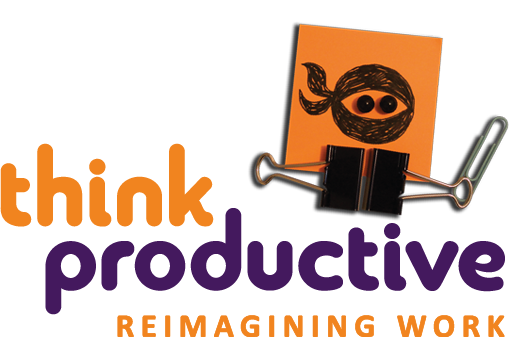We’re thinking a lot about work-life balance this month.
In this post Graham discusses our need to work, and how it’s about a lot more than money.
What does the phrase “work life balance” mean to you? Comment below or join the conversation on Facebook
Sometime in the weeks before or just after starting a new job, employee and employer sign a contract. The contract puts down in writing all of the fundamentals so that both parties have a level of security, control and clarity in their relationship.
Suddenly, the company changes none of your formal terms and conditions, but in one week does everything possible to worsen your working life, demanding you stay much later, check your Blackberry emails in the evening and at weekends and aren’t open to requests for holidays or flexible working.
You’re still coming home with the same pay and the same ability to run your household, but the whole office environment is now radically different to how it was a week ago. It’s no longer fun, you no longer feel valued and you no longer think it fits with who you are.
If work was just about your own personal survival and as the old saying used to suggest, you ‘work to live, not live to work’, then you wouldn’t have any thoughts of leaving that job right now. Your pay remains unchanged and what’s a little extra work in the evenings?
Why We Work
The truth however is that as well as wanting to earn a crust, we want to feel valued and feel that what we do is of some significance. We want to feel that the relationship with the organisation where we spend so much of our waking time is a healthy, fair and happy one. We derive pleasure and identity from the successes of our company and even more so when we receive praise to say that we were part of that success. We’re very quick to start using the word ‘we’ to describe our employer, our organisation or our team. We all want to do great work and make our mum proud.
If we love what we do, work defines us as the kind of fun person who does what they love. If we hate what we do, work still defines us as the kind of person who does stuff they don’t enjoy in order to earn money and take responsibility for ourselves. Mum’s proud either way. It’s often talked about as a dream to be ‘work free’. I would seriously contest that.
Work gives us meaning and we need it.
Why do so many millionaires continue to build their fortunes when there’s really no need? Why do lottery winners say things like, “Well, it won’t change me, I’ll still work part-time”?
I’ll discuss this in more details in a future blog post – subscribe to this blog with an RSS reader here
Like this? Try these
Sign up for one of our How to Get Things Done workshops
Find out how Think Productive UK founder Graham Allcott is experimenting with his work life balance
Single employees want ‘work-life’ balance, too Futurity.org
———————————————————————————————————————————

I once heard Patrick Lencioni speak on ‘Three Signs of a Miserable Job’ that money is a satisfier, not a driver. It only motivates us if we don’t have enough. Beyond that, it’s knowing that what we do matters that really drives us.